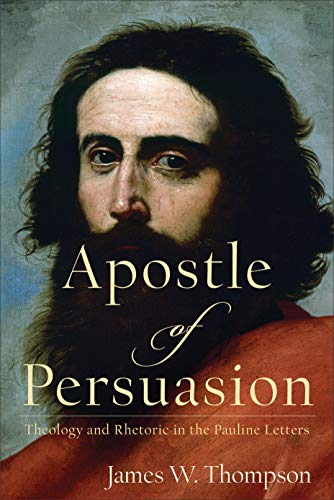Q. Thanks for stressing the ethical or moral use of the Christological hymn by Paul in Phil. 2. It is a mystery to me why some scholars (e.g. Ralph Martin’s treatment of this hymn) strive so hard to avoid the conclusion that Paul is using this material for moral formation, as if theology is one thing which has to do with salvation, whereas ethics is just a response to the divine act and fiat but isn’t involved in salvation. I take your point that Paul mostly seems to assume his audience already accepts and agrees with his Christology, I suppose because it is also the theology of the other apostles and the Jerusalem church. It is odd, don’t you think, how hard some scholars in the past have tried to squeeze Paul’s letters into Christological polemics vs. Gnostics, or worse vs. the Jerusalem apostles, and especially James. It seems sometimes that the old Bauer antithesis between Paul and his converts vs. the Jerusalem church refuses to die. How would you view the spectrum of Christological views in early Christianity, including Paul’s views? Is he really such a maverick or so radical on Christology?
A. I recall Käsemann’s insistence that Phil. 2:6-11 is not about imitation, and I consider that view untenable. Perhaps imitation is not the right word. Paul is calling for a phronesis (mindfulness) shaped by the hymn, which may not be precisely the same thing as imitation. I resist the mirror reading that leads interpreters to see polemics everywhere. I suggest that the earliest Jerusalem church interpreted Jesus in terms of Ps. 110, which corresponds to the conclusion of the Philippian hymn. The wisdom traditions that speak of wisdom as present at the creation were surely appropriated prior to Paul. I see considerable unanimity in the Pauline and Johannine communities on Christology, and I believe that the most plausible explanation is that they have inherited from the earliest Jerusalem church.













